Today, most of the middle aged working population is commonly complaining about neck pain which is very normal with ageing. As we grow old, our bones lose strength and start breaking down because of which our neck becomes stiffer and hard to move. Generally, neck pain is termed as cervical spondylosis, neck arthritis or cervical osteoarthritis. Other than ageing, prolonged sitting, previous injuries or poor posture might also result in spondylosis symptoms.
Following are some of the symptoms of cervical spondylosis which you should know about:
Cervical problems are a result of aging. With growing age, disks within our neck which act like a cushion in-between vertebrae of spine, starts drying out and shrinks. These dehydrated disks result in stiffness and severe pain in neck.
Effects of ageing can be also be seen on the exterior of spinal disks in the form of cracks or swelling that affect the spinal cord and the entire nerve roots. This creates difficulty in turning the head completely
Tinnitus is an auditory perception problem. Although it is common and not a disorder in itself, it is a symptom of an underlying condition. This underlying symptom could be circulatory system disorder, ear injury, or age-related hearing loss.

Symptoms
The symptoms of tinnitus are hearing irksome sounds that are not externally present. These irksome sounds can be:
- Buzzing
- Ringing
- Clicking
- Hissing
- Roaring
These sounds can vary from low hum to high-pitched squeal. You may hear it in one or both of your ears. In several cases, the sound can be irritating enough to interfere in day-to-day life as a result of which a person is unable to concentrate properly. Tinnitus may either be present all the time, or it can come and go as well.
Types
There are two types of tinnitus.
Subjective Tinnitus: Subjective tinnitus is when only the person affected by it is able to hear the sound. It can be the result of problem in inner, middle or outer ear. It can also be caused due to any problem that affects one’s
Pneumonia is a kind of infection that causes inflammation in the air sacs of the lungs. This condition can be caused in one or both lungs and may also result in accumulation of fluid or pus (purulent material) in the air sacs causing cough with phlegm or pus, fever, chills, and difficulty in breathing.
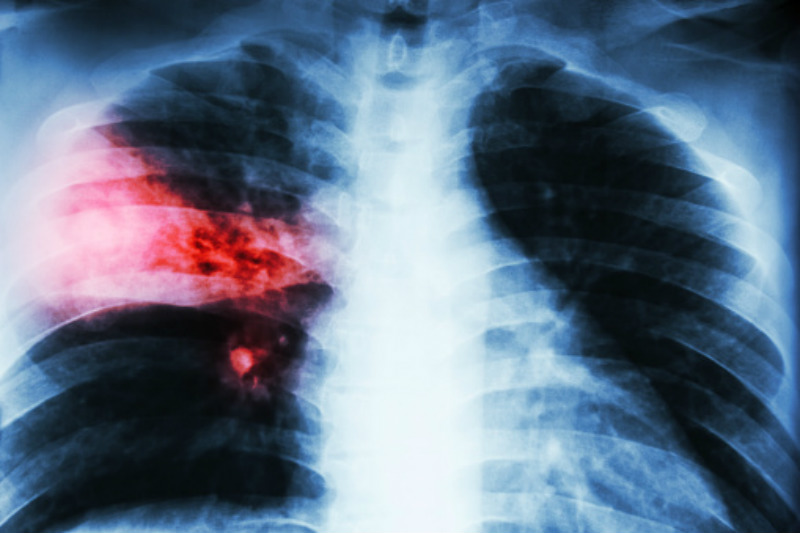
Pneumonia can range in seriousness as it may start mild and eventually become life-threatening. The condition may be fatal for infants, young children, people older than age 65, and people with chronic health problems or weak immune system. Let us learn more about the condition:
Pneumonia Causes
There can be a lot of causes of pneumonia but the most common ones are infections caused due to certain bacteria and viruses that are present in the air we breathe. Usually, the body prevents such germs to infect our lungs but in case they overpower our immunity system, it may result to a condition like pneumonia.
Following are some of the common causes that may result in this severe condition:
Sleep apnea is a disorder in which breathing is concisely and recurrently disturbed while an individual is sleeping. The word "apnea" refers to a breathing gap that lasts at least for ten seconds.
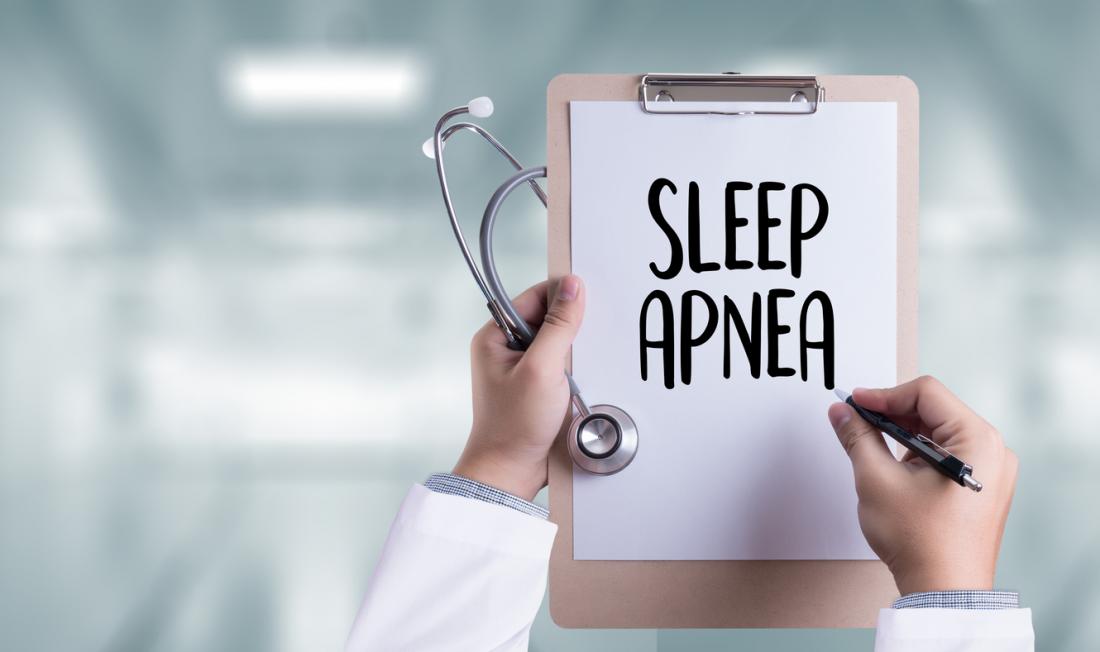
To detect sleep apnea an assessment is carried out which often involves an overnight monitoring at a sleep center that observes the patient’s breathing and other body functions during their sleep. Certain tests to detect sleep apnea include:
Nocturnal Polysomnography: During this test, the patient is connected to equipment that monitors their breathing patterns; heart, lung and brain activity; arm and leg movements; and blood oxygen levels while the patient is sleeping.
Home sleep tests: The patient can also use a home sleep test to detect sleep apnea. The doctor may provide you a simpler test that will be able measure the patient’s heart rate, blood oxygen levels, and breathing patterns.
If the result of the test is not normal, the doctor will prescribe a therapy to treat the sleeping
The ribs are usually linked to the breastbone by hard, protective tissue called cartilage. If the cartilage gets inflamed, then that condition is called costochondritis or chest wall pain. The condition is very temporary, but it can scare anyone, as the pain gives the feeling of a heart ailment. The condition improves on its own with home treatments. There are several symptoms of costochondritis, which will be discussed underneath.
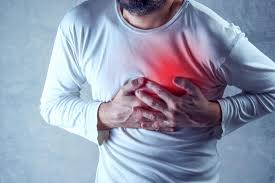
Treatment of costochondritis
Doctors usually treat costochondritis in a normal manner. They basically ask patients to take rest and avoiding strenuous exercise, affecting the chest wall. In rare cases, a doctor might opt for injections of lidocaine or corticosteroids to minimize pain and inflammation. Other treatments that may help to relieve chest pain include:
- Applying moist heat via warm compresses.
- Taking cough suppressants to ease coughing and bring down pressure to the cartilage.
- Physical therapy to ease tension in the chest wall.
Symptoms of
Mouth cancer, or oral cancer as it is also known, is the growth of sore patches in the mouth. These can grow on lips, tongue, palate, inside of the cheeks, gums, etc. Mouth cancer can be fatal, if is not diagnosed early and treated on time.

Symptoms of Mouth Cancer
- Unexplained bleeding in mouth
- Development of velvety red, white, or white & red speckled patches in the mouth.
- Soreness in the throat, making it difficult to swallow
- Hoarseness in voice and difficulty in speaking
- Swelling or formation of lumps in the mouth
Risk Factors of Mouth Cancer
It has been observed that men are more likely to be affected by mouth cancer than women. Furthermore, men above the age of 50 are at greatest risk. Risk factors of mouth cancer include:
- Smoking: People who smoke pipe, cigars, and/or cigarettes are six times more likely to be affected by mouth cancer.
- Tobacco: Consumption of tobacco in the form of snuff, dip, or even by chewing increases the risk of developing the mouth cancer by 50 times.
- Excessive
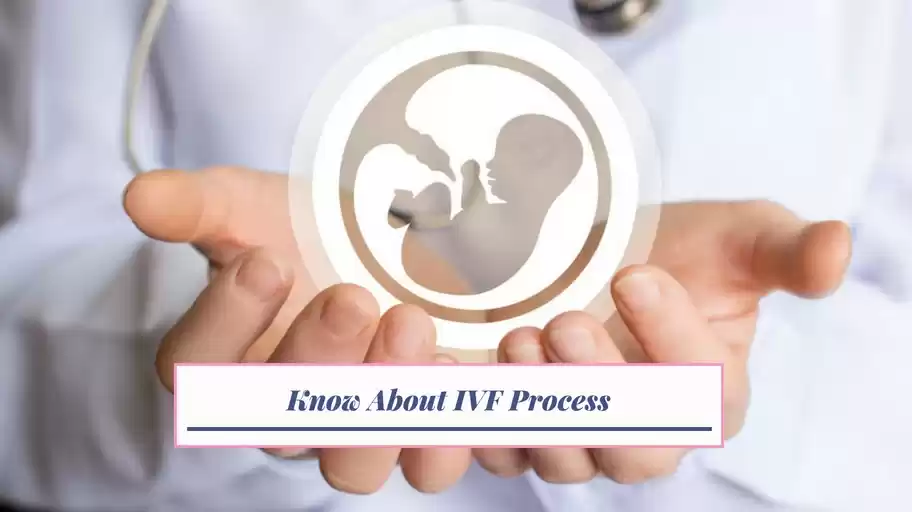
What is IVF (In Vitro Fertilization)?
IVF or In vitro fertilization, as the name suggests, is a fertilization taking place inside a laboratory or outside a living body. Generally, if we talk about humans, when sperm fertilizes the eggs inside a laboratory, the process is called as IVF or In vitro fertilization. Usually, the fertilization in human female takes place in the fallopian tube, however, due to some complications when this cannot take place; it is done artificially inside a laboratory and is termed as IVF.
There are some factors which need to be considered regarding IVF process, and here is a mention of them:
- In order to fertilize the egg, close to thousand sperms are required. However, only one sperm penetrates the membrane of the egg to fertilize it, but to ensure maximum probability of success typically 1, 00, 000 sperms are placed.
- After this, the fertilized egg is kept under the ideal lab conditions, so that it can reach the blastocyst stage. This stage is reached in 2 to 5
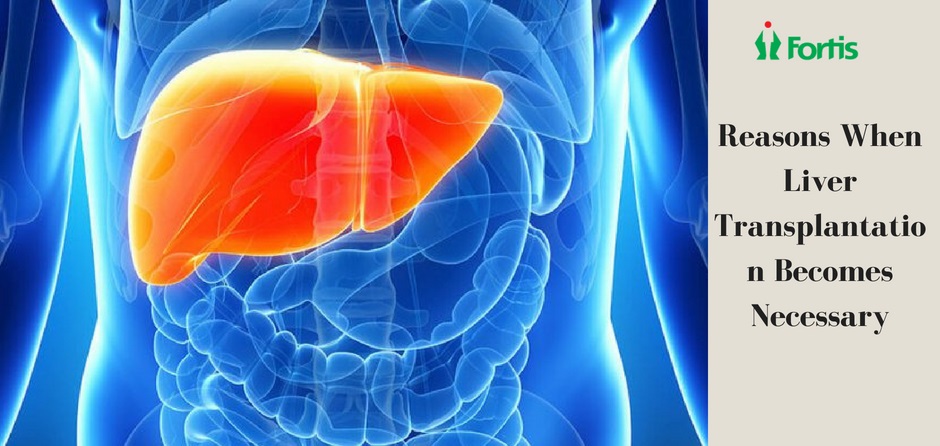
Doctors recommend liver transplant surgery when liver gets damaged beyond regeneration capability of the body. It may be because of a longstanding disease. In fact, there are several other reasons for it, such as hepatitis B virus, Non-alcoholic Fatty Liver Diseases, etc. Let us look at some of these diseases in detail because of which one may have to go through liver transplant surgery:
Complications of Liver Cirrhosis
Liver scarring and long-term liver diseases are the causes of liver cirrhosis. By itself, it may not cause much harm to the liver. However, liver may lose its functions over time and require replacement by transplantation procedure. Complications of liver cirrhosis include:
- Blood loss due to portal hypertension
- Liver failure leading to affliction of the brain (encephalopathy)
- Fluid accumulation within the abdomen (ascites)
Furthermore, liver cirrhosis may be caused by long-term hepatitis C or hepatitis B, autoimmune liver diseases, excessive alcoholism over long period, or
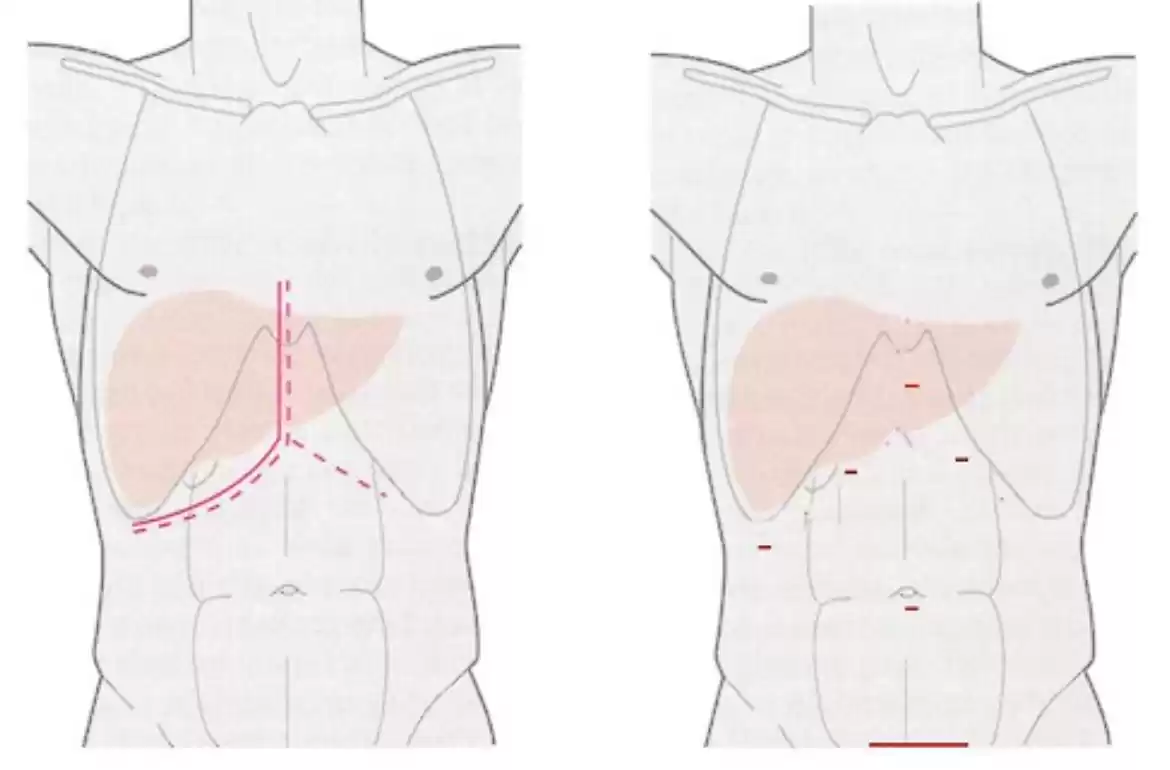
A liver transplant surgery is a surgical procedure that involves the replacement of a patient’s liver (whole or partial) from another person. It can used to remedy a host of adverse liver conditions and diseases, including those arising due to decompensated or diseased liver. Here are some of them along with their commonly associated symptoms: –
Liver conditions and their symptoms that may require Liver transplant surgery
Condition | Symptoms |
Tyrosinemia Type 1 | Unexpected fever Diarrhea Vomitting |
Hepatitis C | Sore muscles Nausea Itchy skin |
Hemochromatosis | Constant fatigue Sudden weight-loss Joint pain |
Biliary atresia | Darkened Urine Yellowing of the skin Excess bilirubin in the blood |
How is the liver transplant surgery performed?
Liver transplantation surgery is a definite cure for a majority of the conditions and diseases that arise in the liver. The exact approach of this surgical technique varies in accordance with the medical facility, but the basic procedure of it is pretty much the same. Here is a

